On Tuesday, Raila Odinga, the leader of the Orange Democratic Movement (ODM) Party, detailed the pivotal role played by former President Uhuru Kenyatta in facilitating a collaborative effort between him and President William Ruto during the Gen Z revolution in Kenya.
At the funeral of Mzee Chirchir Masit, father of former IEBC commissioner Irene Masit, Raila disclosed that it was Kenyatta who initiated the talks leading to a dialogue addressing concerns from Kenya’s youth, especially the Gen Z generation, in response to recent anti-government protests.
“During the heated protests, former President Kenyatta reached out to me, asking me to contact President Ruto to address the issues raised by the Gen Zs,” Odinga recounted.
“We discussed the matter, and I shared my perspective on how to handle the situation.”
Raila clarified that although he was involved in the discussions, he was not part of the government framework and emphasized that no agreement was made to form a coalition government with President Ruto.
“I am not part of the government. We did not agree with Ruto on forming a coalition government.
He asked me to suggest individuals from my side for his administration, and I complied,” he added.
These statements from the Azimio la Umoja leader come amid ongoing speculation about the relationship between the two political figures following the appointment of key opposition leaders to prominent government positions.
Raila’s comments indicate that the collaboration was aimed at stabilizing the country rather than establishing a formal political alliance.
“I am confident that we will advance as a nation,” Raila expressed, showing optimism for Kenya’s political future despite current challenges.
President Ruto appointed several top figures from Raila’s ODM party to key positions: Ali Hassan Joho as Cabinet Secretary for Mining, Blue Economy, and Maritime Affairs; Wycliffe Oparanya to the MSMEs portfolio; John Mbadi to the Treasury; and Opiyo Wandayi to the Ministry of Energy.
The President defended these appointments, stating that he aimed to form an inclusive government encompassing all political affiliations.
Two years after stepping down, Uhuru Kenyatta’s influence continues to be significant in Kenya’s political arena.

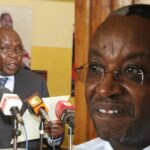





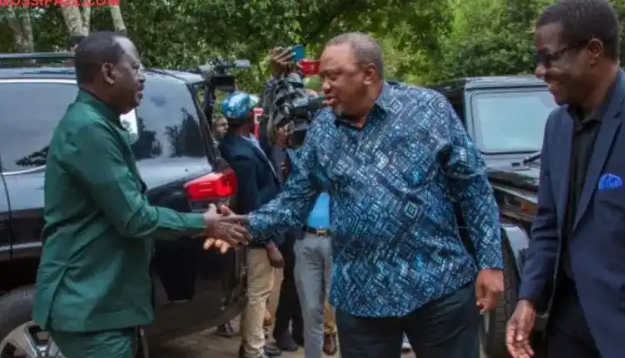

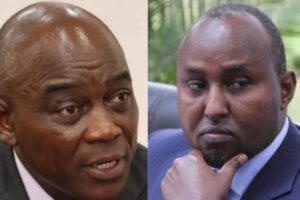
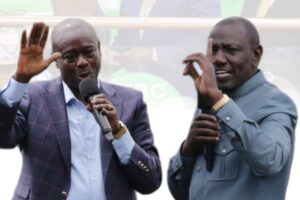

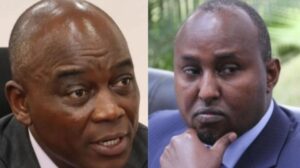
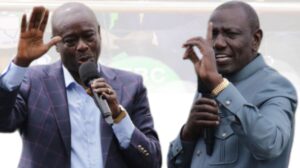
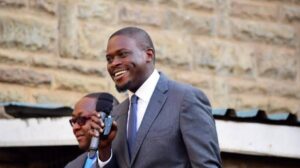
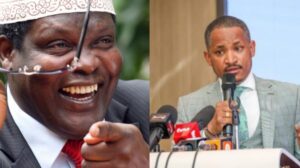


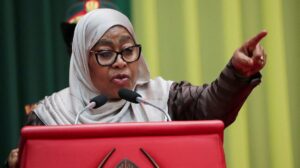

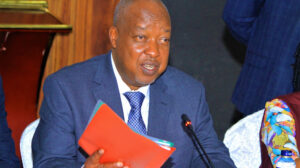
Add Comment